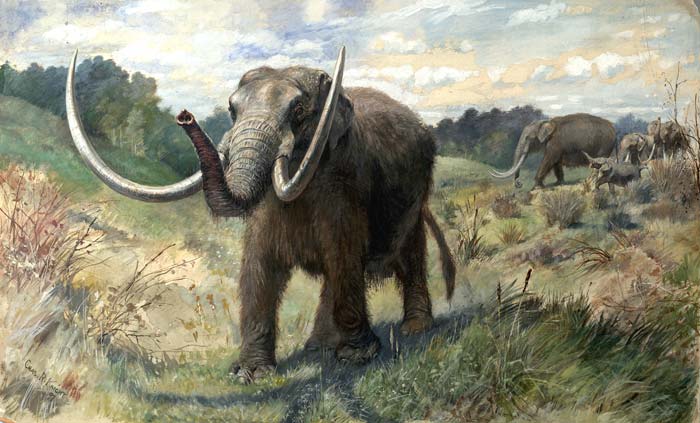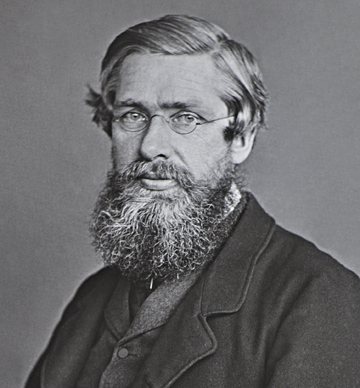Dark Energy: Another Sequel
The NSF has been taking polls of students for decades, asking whether they believed in Evolution and The Big Bang. They dropped that question this year, because it was getting too many “false negatives”, people who were well-educated but didn’t believe in one or the other. This drives some science educators nuts, who want naturalism and science to be equated to each other. The reluctance to buy into evolution is well-documented, but perhaps you are a bit fuzzy about the Big Bang reluctance. A news item this week reveals just how uncertain these cosmology theories are, but don’t tell that to the NSF. Here’s the scoop on the Big Bang. Back when Einstein was alive, he wanted his field equations Read More ›


